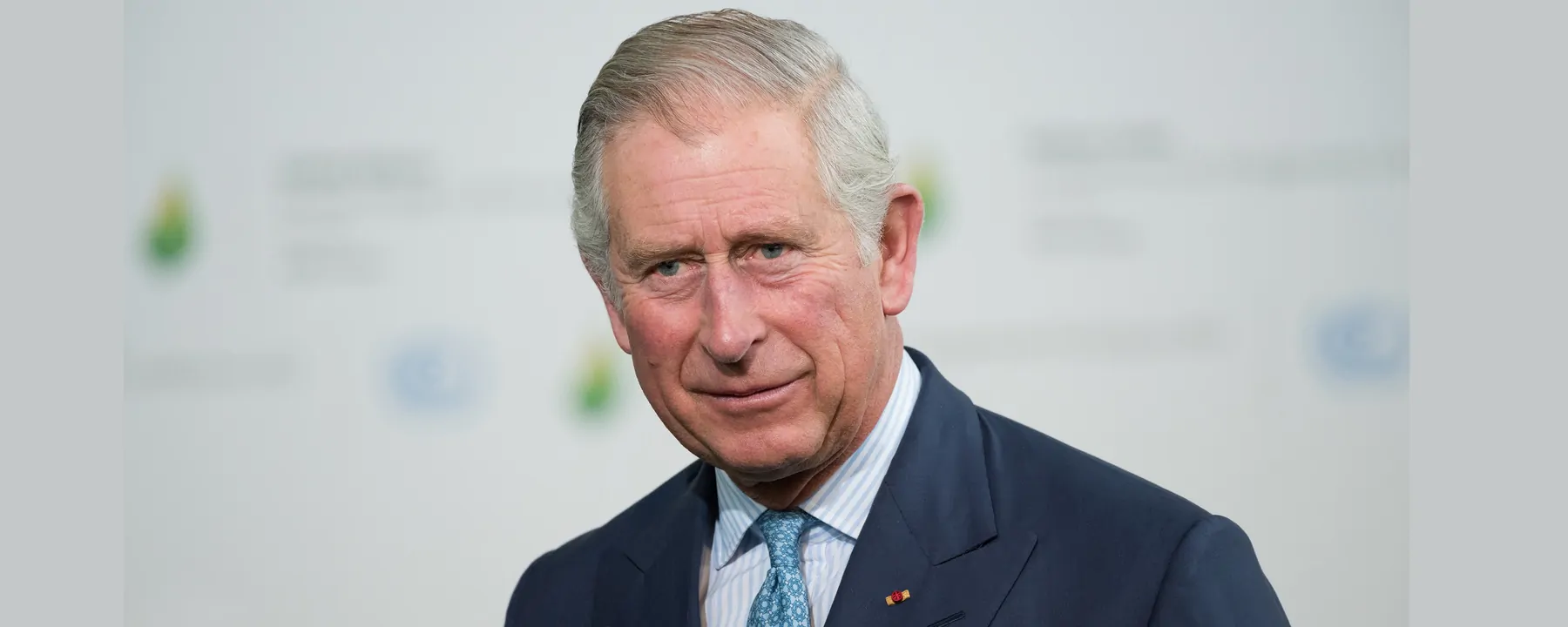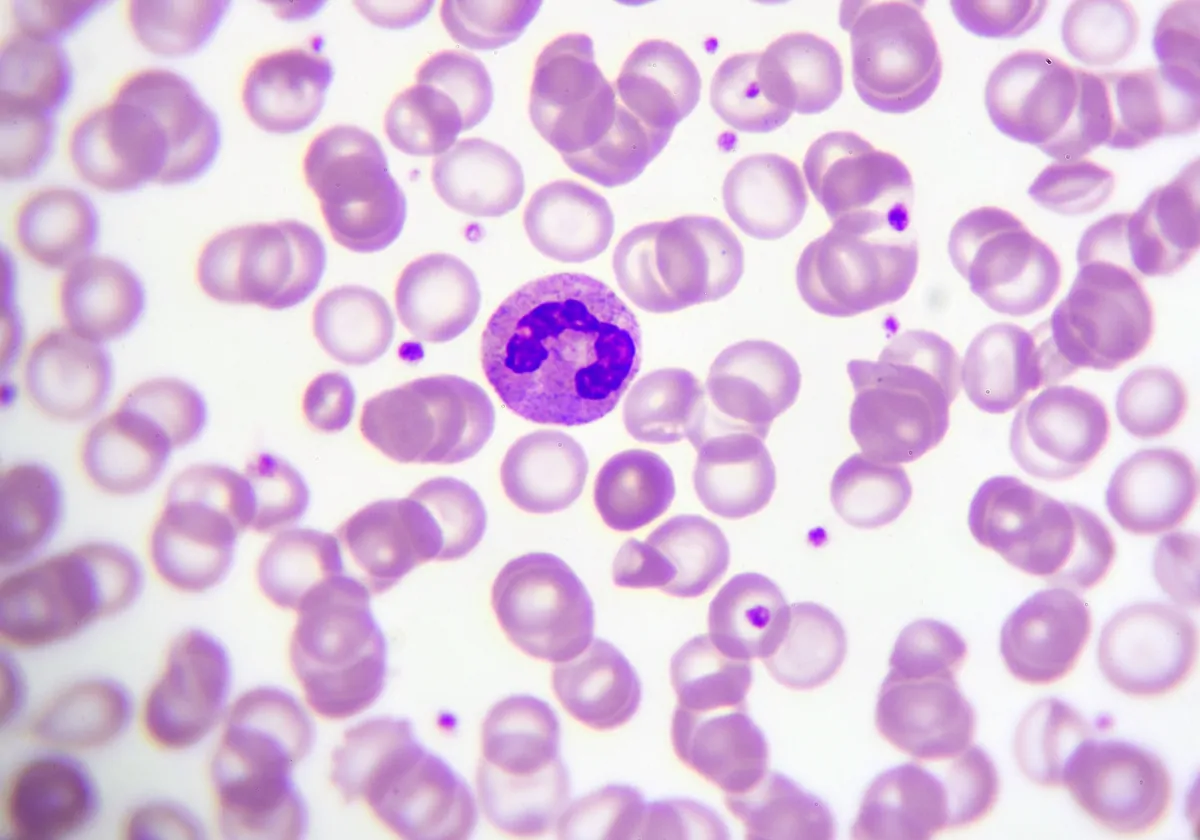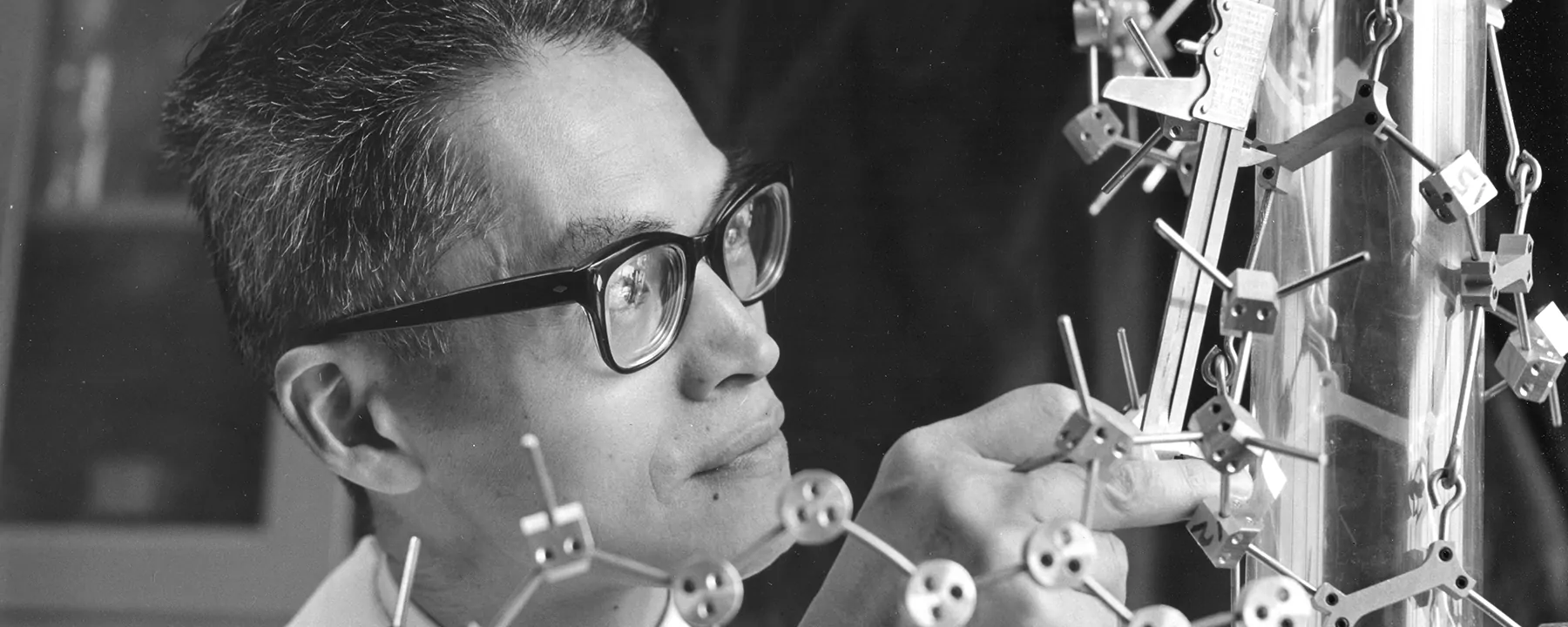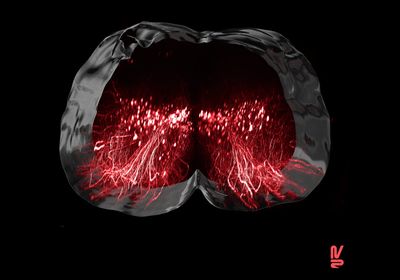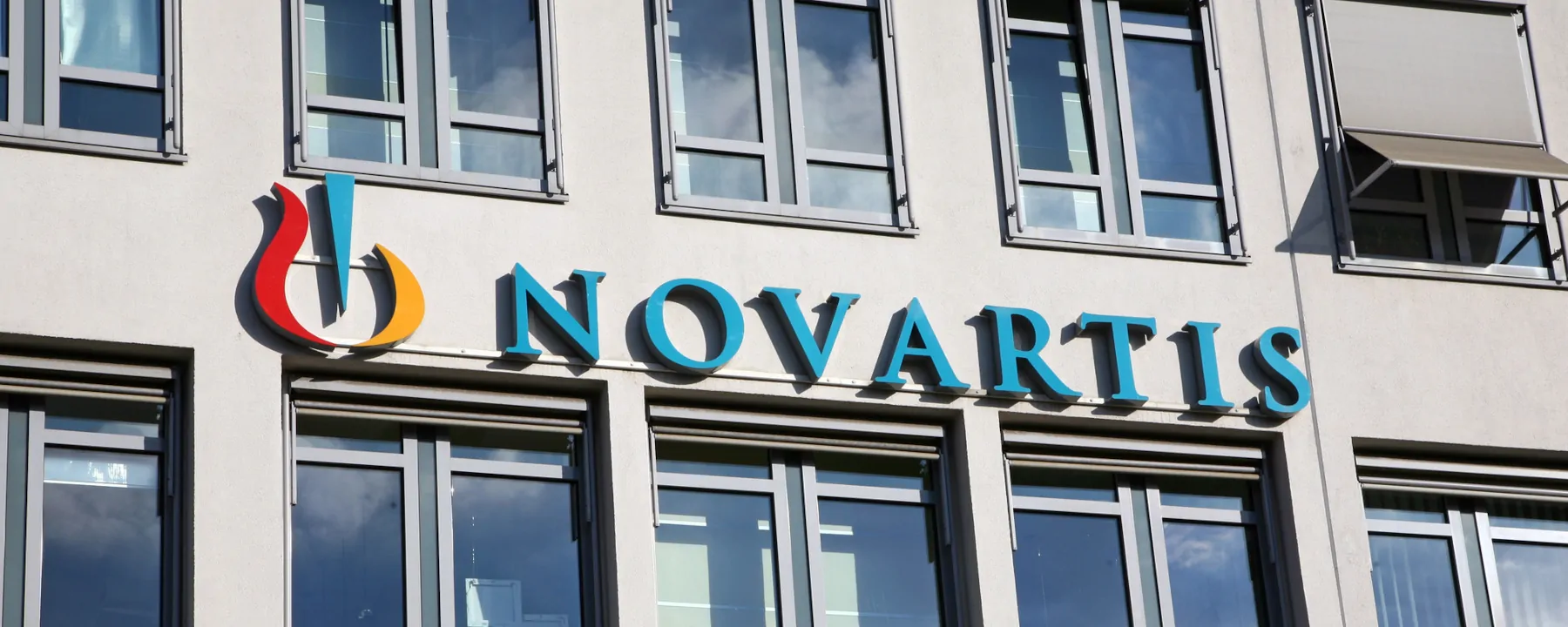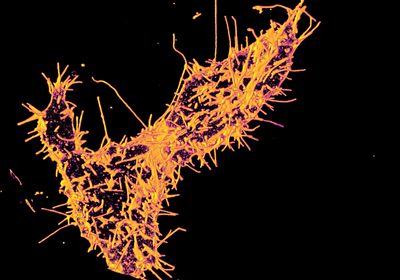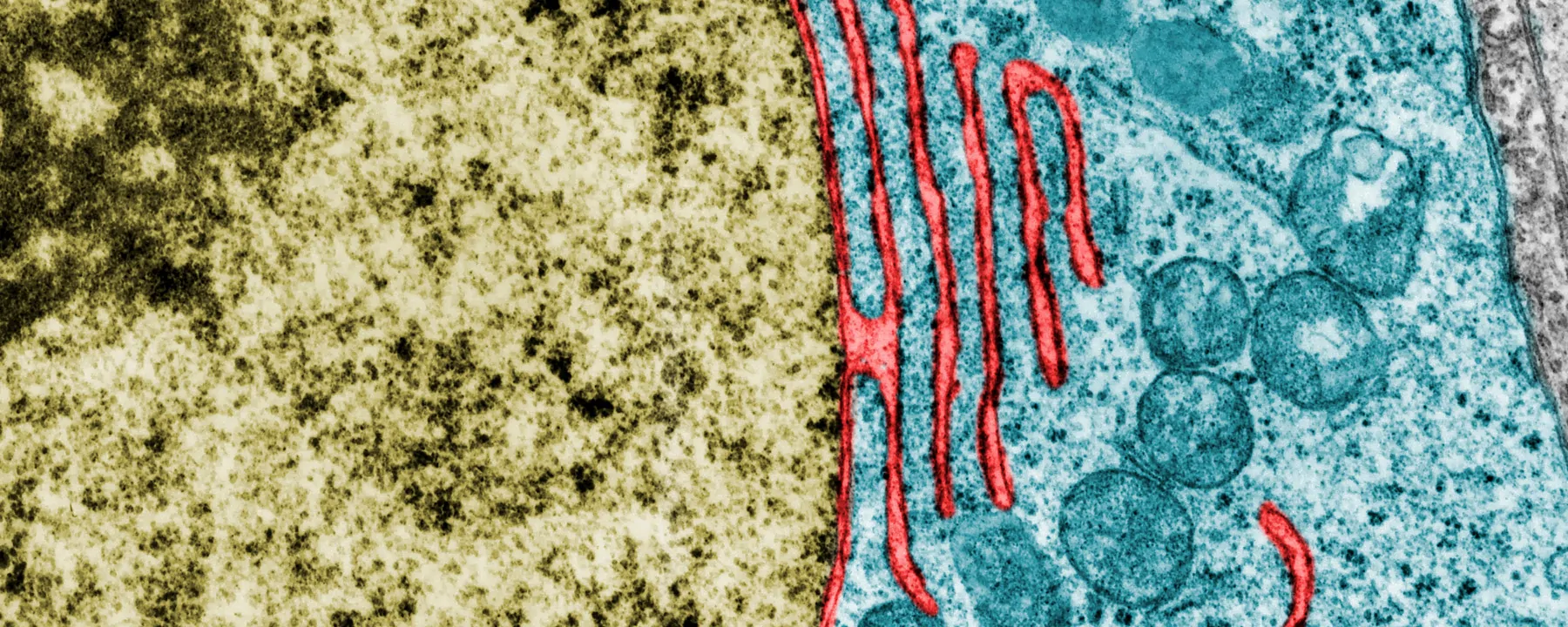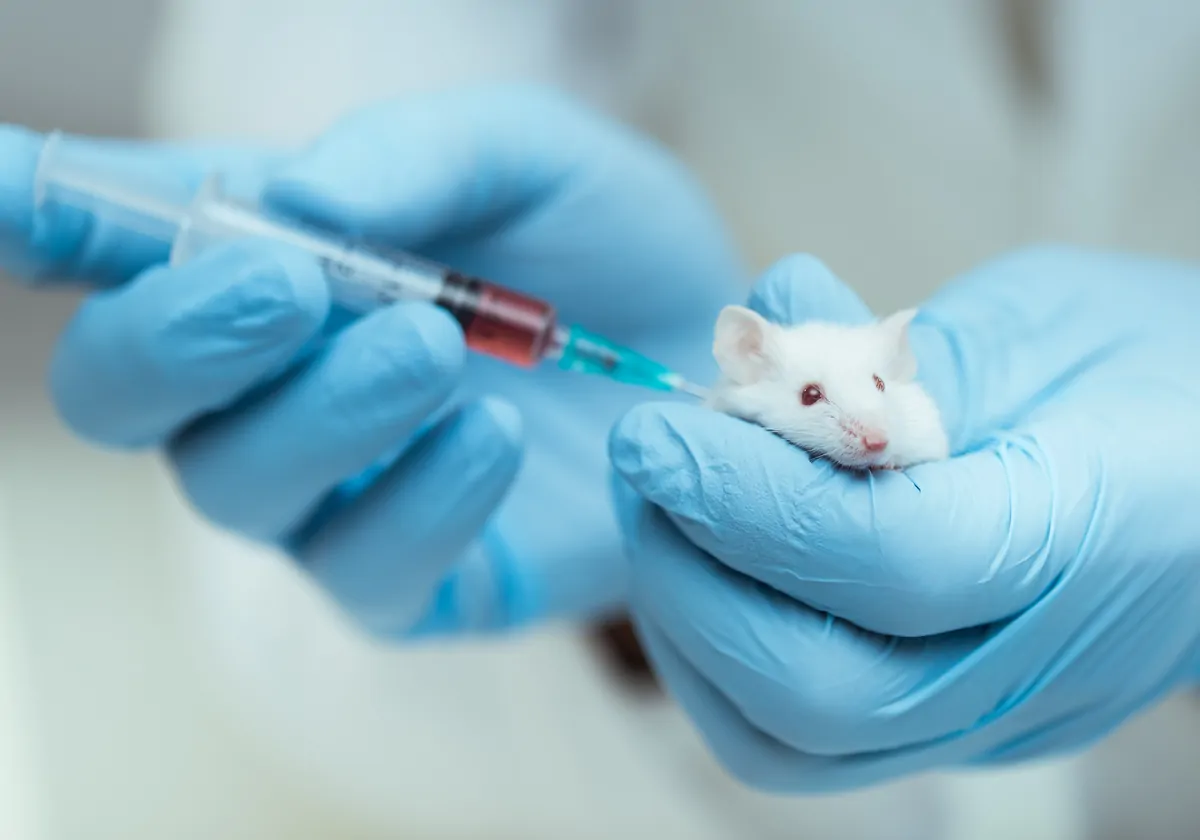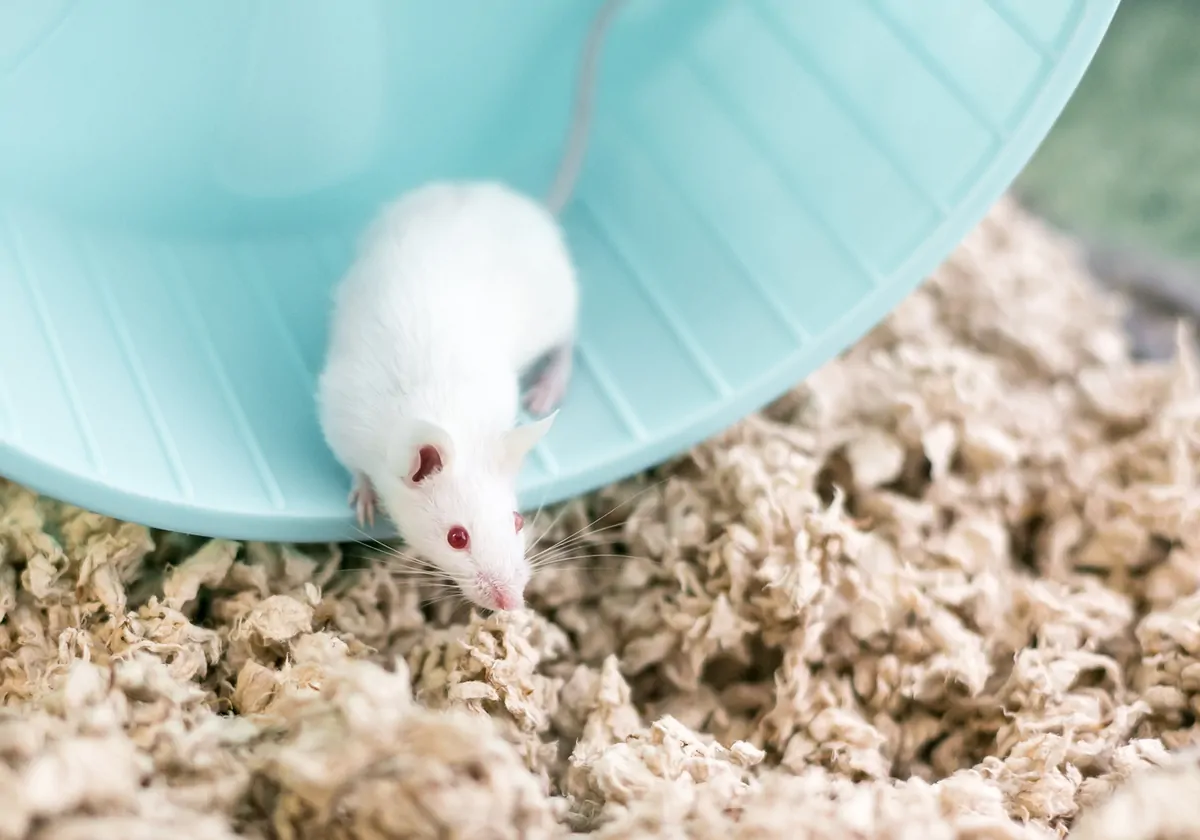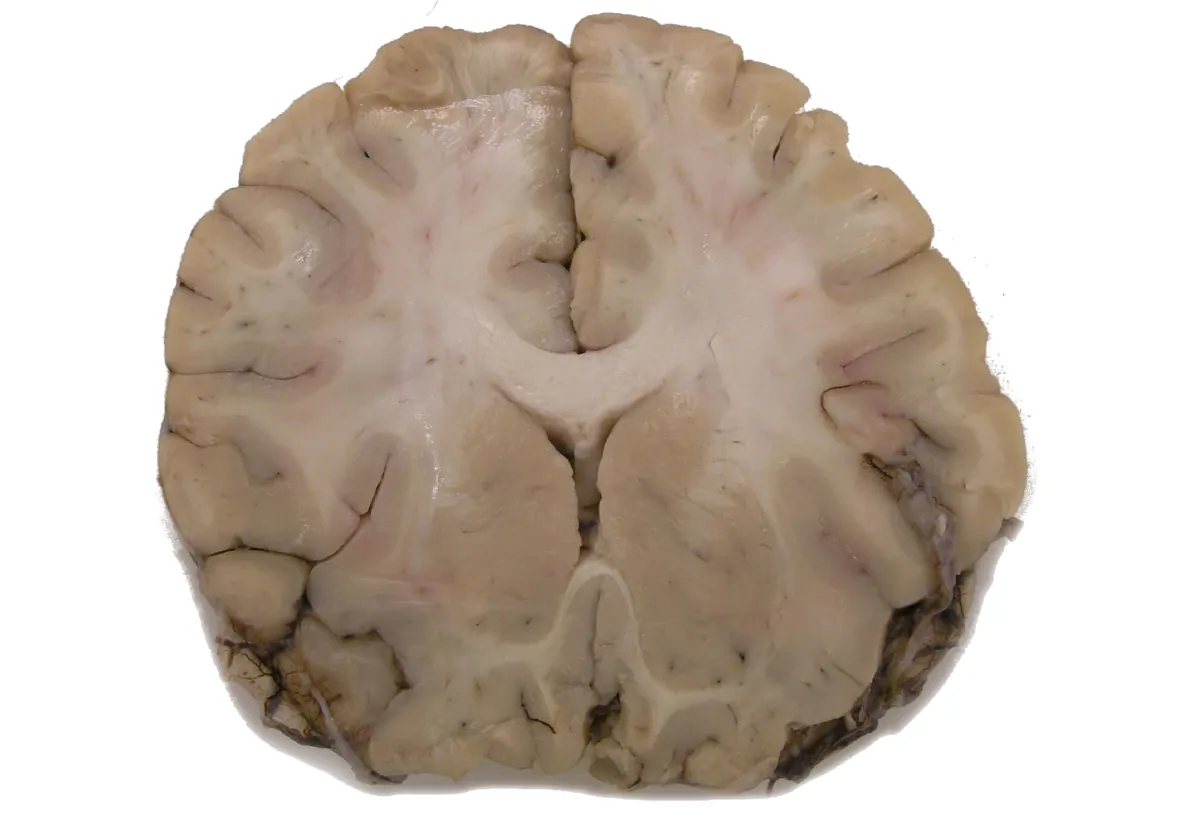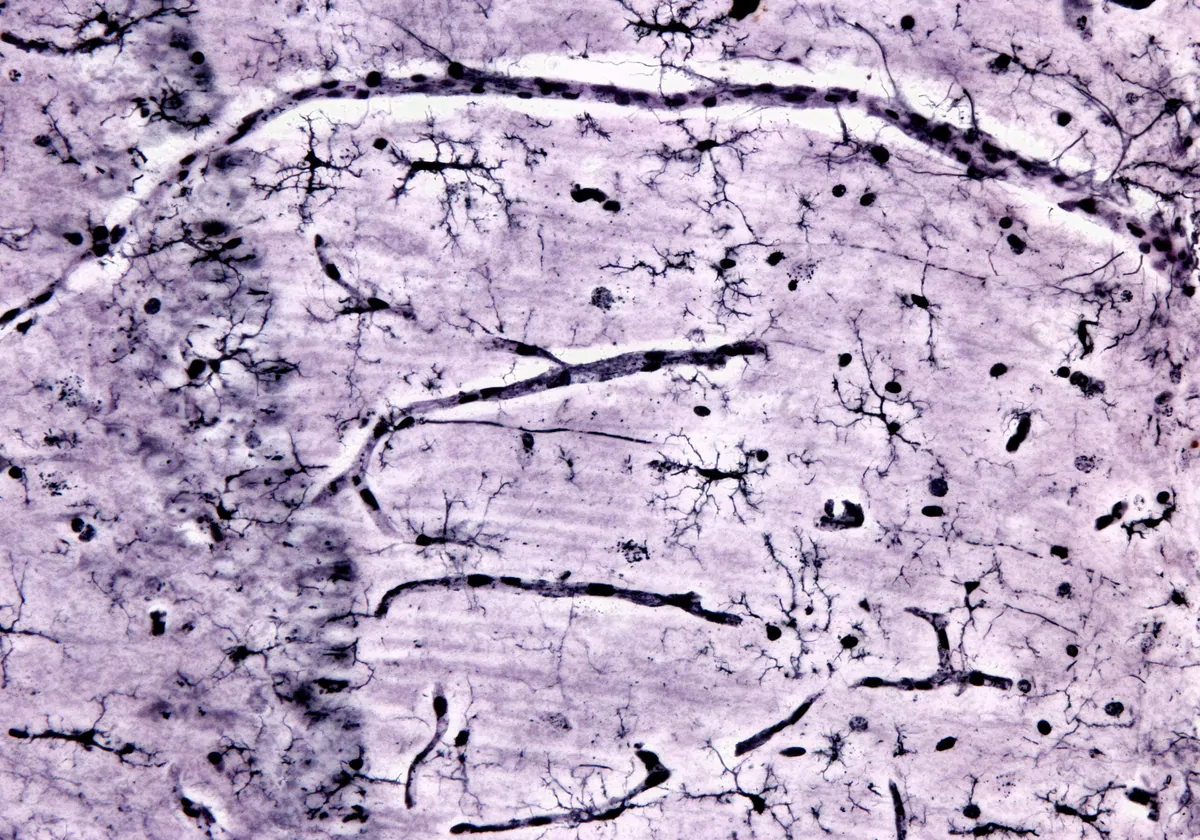King Charles III has a long history of promoting homeopathic or alternative medical treatments not supported by scientific evidence.
King Charles III has been conferred many new titles following the recent death of his mother, Queen Elizabeth II, but one existing title that remains is “Royal Patron of the Faculty of Homeopathy,” an organization of healthcare practitioners who also practice the pseudoscientific form of medicine. And the new king’s ties with alternative medicine go beyond this patronship and a dalliance with alternative medicine: In several instances, then-Prince Charles appears to have lobbied for homeopathy and other fields of alternative medicine. As King Charles ascends the throne, experts are reflecting on his influence on medical science in the UK as Prince of Wales, and how he might affect alternative medicine in the UK going forward as monarch.
Edzard Ernst, a retired academic physician who specialized in the study of complementary and alternative medicine at the University of Exeter and published his book Charles, The Alternative Prince at the beginning of this year, tells The Scientist that King Charles “takes a great interest in [alternative medicine],” which he originally thought was “brilliant” because such high-profile attention could have fostered support in Ernst’s own work researching which, if any, alternative treatments hold scientific merits. But “it turns out that [the king] isn’t really interested in research but wants to use—as much as possible—alternative medicine in the NHS nationally and in medicine globally,” Ernst says.
Famously, then-Prince Charles said in 2010 that he “felt proud” of accusations that he is “the enemy of the Enlightenment,” a social movement in the 18th century during which science and evidence-based reasoning flourished. The interest in alternative medicine was likely shared by King Charles’s parents, says David Colquhoun, a pharmacologist at University College London who has written about the king on his blog “DC’s Improbable Science.” Colquhoun points to the queen herself previously being patron of the “Royal London Homeopathic Hospital,” now renamed as “Royal London Hospital for Integrated Medicine.” The hospital’s medical director, Peter Fisher, was Queen Elizabeth II’s homeopathic physician for at least 15 years.
However, Ernst says that, as far as he is aware, the queen never made any public statement supporting homeopathy or alternative medicine, and “that’s the big difference” compared with the king. Ernst says his critiques are not levied at the king’s personal use of homeopathy—though he notes that “as soon as he’s in any way seriously ill, he gets the best medicine that conventional treatments can offer.” Rather, it’s the now-king’s public support of homeopathy and other parts of alternative medicine—ranging from iridology to Gerson therapy (attempting to treat cancer with fruit juice and coffee instead of chemotherapy), marma therapy, pulse diagnosis, and reflexology (“those alternative treatments that lack evidence and plausibility,” as Ernst puts it)—that he and others criticize, particularly because of its potential to influence medical policies.
Lobbying for pseudoscience
The “most obvious” incident in which King Charles tried to influence the uptake of alternative medicine, says Ernst, were letters he sent to British politicians lobbying for the pseudoscientific treatments. These “black spider memos,” as they have become known, a collection of letters sent by then-Prince Charles to ministers in UK government departments, only came to light after a 10-year legal battle by The Guardian. The release of the spider memos required a ruling by the UK Supreme Court, Michael Marshall, the project director of the Good Thinking Society, points out. “Charles wrote lobbying letters to open space in the [National Health Service (NHS)] for ineffective medicine, which he tried to hide,” Marshall tells The Scientist. “He was very keen for his influence to be used nontransparently.”
The memos also contained a letter sent in 2007 to Alan Johnson, who was health secretary at the time. In the letter, the then-prince wrote that “more can be done to take advantage of complementary medicine” and “that there should be more of a ‘whole person’ approach to the treatment of illness rather than a ‘reductionist’ focus on the particular ailment.” This echoes the common prohomeopathy argument that frames the practice as being more holistic than using pharmaceuticals. His goal was clear, says Ernst. “It became very obvious that he was pushing politicians—Tony Blair and the Secretary of Health and other politicians—to use more alternative treatments in our National Health Service.”
Charles cannot prevent progress, but he certainly hinders progress.
—Edzard Ernst
Sometimes, King Charles abandoned secrecy to openly support alternative medicine on the world stage: In 1982, he promoted alternative medicine in a much-criticized speech for the 150th anniversary of the British Medical Association (BMA), of which he had just been appointed president. King Charles also established a charity, the Foundation for Integrated Health (FIH) in 1993, with the aim to explore “how safe, proven complementary therapies can work in conjunction with mainstream medicine.” According to a blog post by Ernst, the foundation also worked with medical schools “to increase the understanding of complementary approaches amongst new doctors.”
Then, in a 2006 speech to the World Health Organization in Geneva, King Charles urged practitioners of orthodox medicine to learn from alternative medicine. That speech too garnered criticism from doctors, alarmed that alternative medicines might be promoted and practiced despite their lack of supporting evidence.
Four years later, in 2010, the FIH closed amid allegations of fraud and money laundering. A criminal investigation ended in the conviction of the foundation’s financial director, George Gray. The College of Medicine arose from the ashes of the foundation shortly afterwards, with a promotional slideshow stating that it was “a new strategy to take forward the vision of HRH Prince Charles,” describing itself as “the evolution of his foundation for Integrated Health’s work to date.” The College of Medicine and Integrated Health, as it is currently called, seeks to “redefine medicine beyond pills and procedures” and to “use both conventional and non-conventional approaches to health.” As of 2021, the king was still patron of the College of Medicine and Integrated Health. As of this article’s publication, neither the College of Medicine and Integrated Health nor Clarence House (which handles press inquiries regarding King Charles III) has responded to The Scientist’s request for comment.
Despite the various ways in which King Charles tried to influence the uptake of alternative medicine, have his activities had much of an effect? Not really, says Ernst. “He tried very hard and very persistently, but he wasn’t very successful.”
Ernst adds that when the king started “pushing alternative medicine in the UK, we had five homeopathic hospitals. Today we have none.” And while homeopathy was then still integrated in the British health system, homeopathic remedies are now no longer paid for through the NHS. Still, he says that “Charles cannot prevent progress, but he certainly hinders progress.”
However, King Charles has likely influenced veterinary medicine, says Marshall, pointing to King Charles’s advocacy for the use of homeopathy with farm animals. “He says that his organic farm is run entirely without antibiotics, because they use homeopathy instead,” Marshall says, adding that the king’s claims that his cows don’t get mastitis thanks to homeopathic treatments “is possibly persuasive to farm owners” even though the homeopathy doesn’t help the cows. “What helps his herd stay infection-free is the fact that it’s a very well-financed farm with excellent animal care, which means cows are less likely to be living in conditions that risk infection. Charles attributes it to homeopathy, but it really should be attributed to the level of care and attention his animals receive.”
See “Review: Homeopathy Does Not Help Livestock”
Also, King Charles’s 2005 letter to Tony Blair may have influenced the regulation of labelling for herbal medicines. In 2004, a EU directive declared that herbal remedies could not be sold without approval by the regulatory agencies of a given member state. In his letter to Tony Blair, then-Prince Charles wrote “We briefly mentioned the European Union Directive on Herbal Medicines, which is having such a deleterious effect on complementary medicine sector in this country by effectively outlawing the use of certain herbal extracts. I think we both agreed this was using a sledgehammer to crack a nut.” Although Marshall is unsure how much of a role lobbying by the king and others in the industry may have played, he says that in the end, the evidential standard required by the UK’s Medicines and Healthcare products Regulatory Agency (MHRA) was weakened in a 2006 change to the regulation. At the time the letter was written, Charles owned Duchy Originals, a company that produced herbal remedies, and in 2009, was criticized for misleading advertisements that claimed their products could rid the body of toxins, which the company was made to amend going forward, though they have since ceased selling herbal remedies.
Now that Charles is king, Ernst expects him to be less vocal on the topic of alternative medicine. “The time for public proclamations of that sort are over. . . . But his influence has immensely increased and one can expect that he will pull the strings behind the scenes.” Marshall also suggests King Charles may not offer personal opinions on the matter. But it might be hard to tell if he continues to lobby behind the scenes, warns Marshall. “He may well stop entirely and we will never see him lobbying again. Or he will continue to advocate for his various pet interests, but even more intransparently. Both look the same from the outside.”
Update (September 30): Laura Sullivan, a spokesperson for Buckingham Palace, provided The Scientist with the following statement: “As Prince of Wales, His Royal Highness came to the view that complementary medicine could play a role in healthcare, as long it was integrated with conventional treatments, a position he reached after years of talking to experts in many different areas of medicine.”

